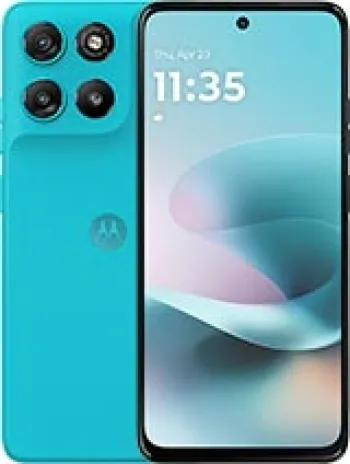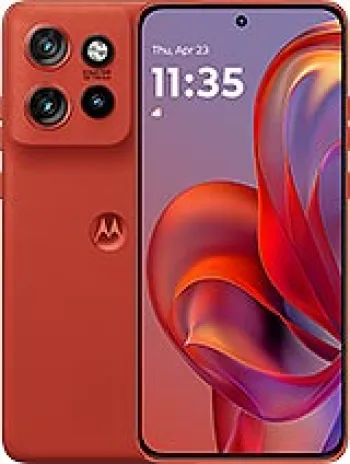
Overview of the Motorola C650
The Motorola C650 was a popular mobile phone model introduced in the first quarter of 2004. It gained recognition for its robust features within the feature phone category, catering to a wide range of consumers. This extensive review will discuss the technical specifications, design, functionality, and historical significance of the Motorola C650.
Design and Build
The Motorola C650 featured a compact and lightweight design, measuring 103 x 44 x 20 mm and weighing just 85 grams. Its small size made it highly portable and comfortable to hold. The phone was designed to operate using a Mini-SIM card, which was standard during its release period. It came in two distinctive colors: Midnight Blue and Cosmic Universe Blue, both contributing to its stylish appearance.
Display
The device sported a CSTN display with 65k colors, providing a basic but adequate viewing experience for its time. The screen resolution was 128 x 128 pixels, accommodating up to 6 lines of text. Although the display quality was not high-definition by today’s standards, it was typical for feature phones of that era and was sufficient for basic tasks such as messaging and browsing.
Camera
The Motorola C650 came equipped with a single VGA camera with 0.3 MP resolution. This was a notable feature at the time, allowing users to capture basic photos despite the absence of video recording capabilities. The camera was sufficient for low-resolution picture taking, enabling users to take and store snapshots on their mobile device.
Memory and Storage
With internal memory of 1.5MB, the C650 offered limited storage by modern standards. The phone could store up to 1000 phonebook entries with contact groups and support for photo calls. It also kept records of the last 10 dialed, received, and missed calls. The absence of a memory card slot meant users were restricted to the built-in storage capacity.
Battery Life
The device was powered by a removable Li-Ion 800 mAh battery (BX200). This battery provided a standby time of up to 190 hours and a talk time of up to 5 hours. Considering the technological limitations of the time, this battery performance was quite adequate for daily use, allowing users to rely on the phone throughout the day without frequent recharging.
Network and Connectivity
The Motorola C650 supported GSM technology, operating on 2G bands: GSM 900, 1800, and 1900. It included GPRS Class 10 for basic internet connectivity, though it lacked EDGE support. The absence of WLAN, Bluetooth, and a 3.5mm headphone jack were notable limitations, as was the use of a proprietary USB connection instead of a standardized port.
Sound and Audio
The phone included a loudspeaker for hands-free operation. Users could customize the phone with a variety of alert types, including vibration, downloadable polyphonic, and MP3 ringtones. Despite the absence of a 3.5mm jack, the phone's audio features were well-received for basic functionalities and entertainment.
Software Features
Functioning as a feature phone, the Motorola C650 supported messaging formats such as SMS, EMS, MMS, and Instant Messaging. It utilized the WAP 2.0/xHTML browser for basic web browsing. The phone came pre-loaded with two games—Hungry Fish and Skipping Stones—and supported Java MIDP 2.0 for further game downloads.
Conclusion
The Motorola C650 was a significant model during the early 2000s, showcasing several features that were advanced for its time. Its affordability, sleek design, and essential functionalities made it a popular choice among consumers looking for a reliable mobile phone. Though discontinued, the C650 remains a notable part of mobile phone history, representing a transitional period in the evolution of mobile technology.
Key Features of Motorola C650
- GSM Technology supporting 2G bands (GSM 900 / 1800 / 1900)
- Compact and lightweight design: 103 x 44 x 20 mm, 85 g
- Display: CSTN, 65k colors with a resolution of 128 x 128 pixels
- Phonebook capacity: Up to 1000 entries with photo call
- VGA Main Camera
- Downloadable polyphonic and MP3 ringtones
- Java support (MIDP 2.0)
- Messaging support: SMS, EMS, MMS, Instant Messaging
- WAP 2.0/xHTML Browser
- Removable Li-Ion 800 mAh battery with up to 190 hours standby and up to 5 hours talk time
- Available in two colors: Midnight Blue, Cosmic Universe Blue
Disadvantages of Motorola C650
- No EDGE support for faster internet connectivity.
- Discontinued status makes it hard to find new.
- Small display resolution of 128 x 128 pixels.
- Limited internal storage of 1.5MB with no card slot for expansion.
- VGA main camera without video capability.
- Lack of front-facing (selfie) camera.
- No 3.5mm headphone jack for audio.
- No Bluetooth or WLAN connectivity options.
- No GPS or radio capabilities.
- Uses a proprietary USB for connectivity.



















View Also
More Phones
All Rights Reserved +14266 Phones © Mobilawy 2025

























